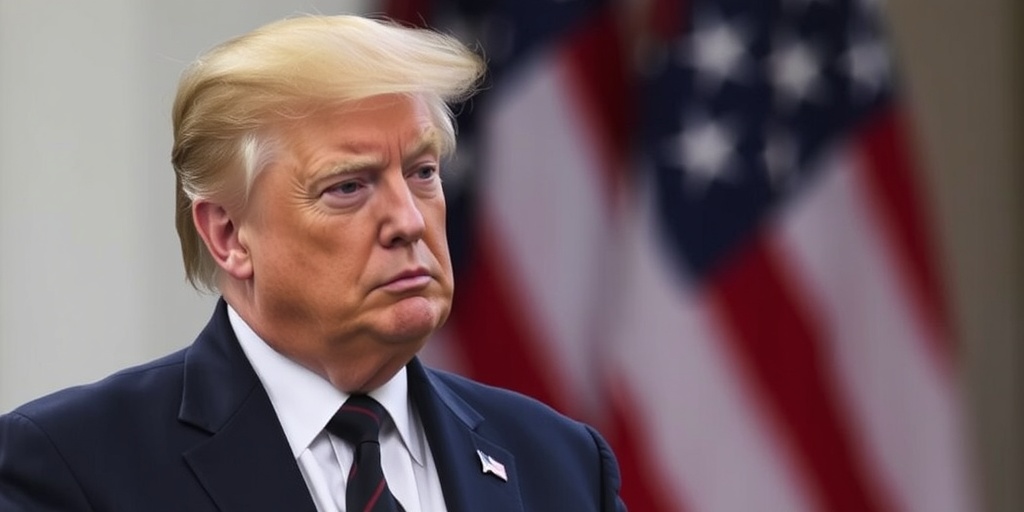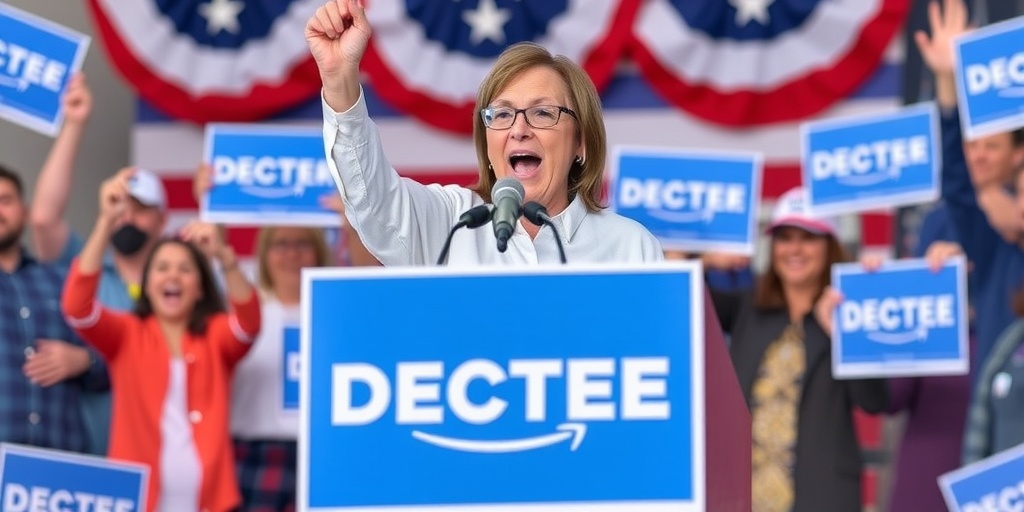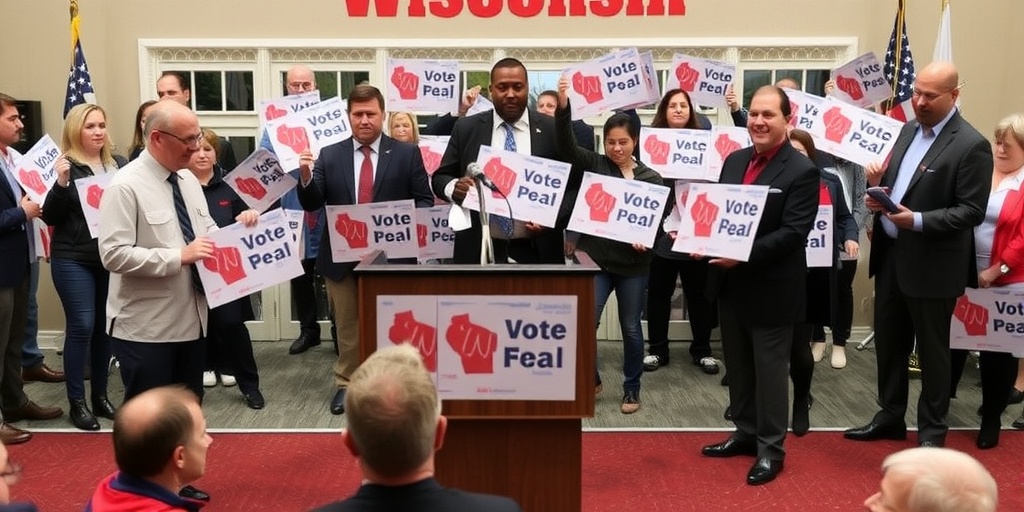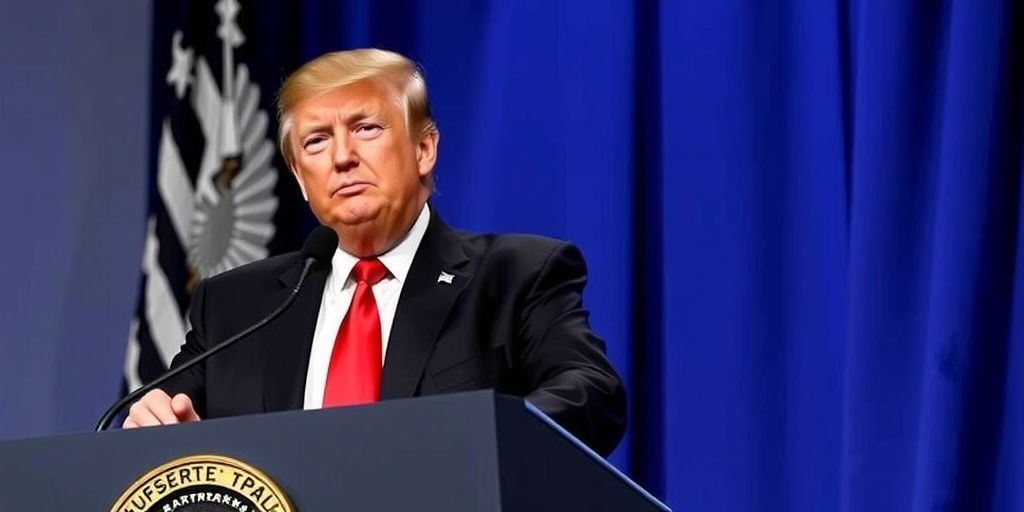Now Reading: Lawyers Criticize Trump Administration After Man Wrongly Deported to El Salvador
-
01
Lawyers Criticize Trump Administration After Man Wrongly Deported to El Salvador
Lawyers Criticize Trump Administration After Man Wrongly Deported to El Salvador
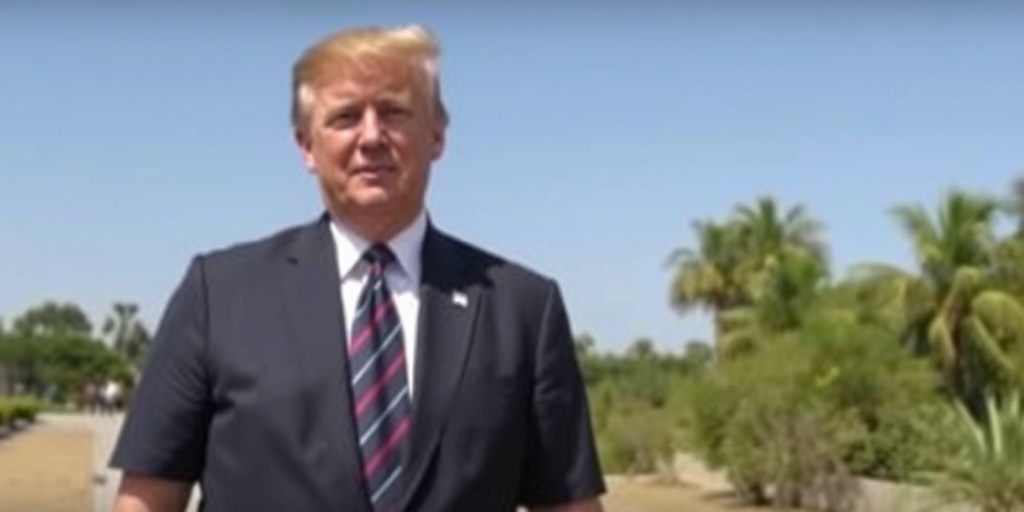
Title: Legal Battle Escalates After Maryland Man Inadvertently Deported to Salvadoran Prison
Lawyers representing Kilmar Armando Abrego Garcia, a Maryland resident, are urgently seeking judicial intervention to expedite his return to the United States following a shocking case of mistaken deportation. Abrego Garcia, who was deported to El Salvador last month despite having a legal order allowing him to remain in the U.S., is currently incarcerated in a notorious Salvadoran prison known for its brutal conditions.
In a recent court filing, the attorneys voiced their frustration and disbelief over the circumstances surrounding Abrego Garcia’s case. They pointed out that U.S. immigration authorities admitted to making an “administrative error” that led to his deportation on March 15. This occurred despite a previous ruling by a U.S. immigration judge, who had expressly determined that Abrego Garcia could face potential torture if returned to his home country.
The team of lawyers argues that the Trump administration has shown a reckless disregard for both Abrego Garcia’s case and the well-being of his family, which includes his wife and their five-year-old autistic son, both of whom are U.S. citizens. In their filing, the attorneys expressed outrage at the government’s apparent effort to wash its hands of responsibility, stating, “Defendants’ proposed resolution of this state of affairs, which they caused either intentionally or at best recklessly, is nothing at all. This is an outrageous set of facts.”
Abrego Garcia’s predicament underscores the growing tensions between immigration lawyers and the Trump administration. As the White House intensifies its efforts to deport thousands of undocumented migrants using an array of both standard and unusual legal mechanisms, this case has sparked significant debate. Questions have emerged regarding how Abrego Garcia, whose legal status had been officially recognized, found himself on a plane to El Salvador, and why the administration has yet to rectify this mistake.
Critically, the administration’s portrayal of Abrego Garcia as a potential member of the violent MS-13 gang has been challenged due to the lack of substantial evidence supporting this allegation. The accusations stemmed from a confidential informant and the fact that Abrego Garcia was wearing a Chicago Bulls hat—an assertion deemed unconvincing by his legal team.
Abrego Garcia’s difficulties began back in March 2019 when he was detained by local police while seeking employment at a Home Depot in Hyattsville, Maryland. During his initial immigration proceedings, deportation attempts were made, and he was labeled a member of MS-13 based on questionable evidence. In October 2019, an immigration judge granted him withholding from removal, a legal protection that prevented his deportation.
However, in an unexpected turn of events last month, Abrego Garcia was detained yet again by immigration agents, who inaccurately indicated that his protective status had changed. Following this miscommunication, he was placed on one of three flights to El Salvador as the Trump administration hastily enacted the rarely used Alien Enemies Act, a controversial wartime statute aimed at deporting migrants accused of gang affiliation—specifically targeting Venezuelans linked to the Tren de Aragua gang.
While two flights were used for deportations under the Alien Enemies Act, Abrego Garcia’s flight was intended solely for individuals with formal removal orders. The Trump administration has since acknowledged this mistake, describing it as an oversight. Nevertheless, they have resisted calls from Abrego Garcia’s family to facilitate his return, claiming they lack the power to compel the Salvadoran government to release him. They further argue that U.S. federal courts have no jurisdiction to demand his release.
Judge Paula Xinis is set to preside over a hearing on this matter, where Abrego Garcia’s lawyers will urge her to consider the lack of action from the administration as they advocate for diplomatic and financial measures to secure his release. The Justice Department, however, has responded with skepticism, asserting that there is no evidence the Salvadoran government would agree to any terms for Abrego Garcia’s return.
In their court submissions, Abrego Garcia’s legal team has highlighted the broader implications of this case, questioning the rule of law and the accountability of government authority. They argued that restoring legal precedents is crucial, stating, “Noncitizens—and their U.S.-citizen spouses and children—must know that if this nation awards them a grant of protection from persecution, it will honor that commitment even when the political winds shift.”
As this case unfolds in Federal District Court in Maryland, it draws attention not only to Abrego Garcia’s plight but also to the complexities and challenges inherent in the U.S. immigration system and the sweeping actions implemented by the current administration.
Stay Informed With the Latest & Most Important News
Previous Post
Next Post
-
 01New technology breakthrough has everyone talking right now
01New technology breakthrough has everyone talking right now -
 02Unbelievable life hack everyone needs to try today
02Unbelievable life hack everyone needs to try today -
 03Fascinating discovery found buried deep beneath the ocean
03Fascinating discovery found buried deep beneath the ocean -
 04Man invents genius device that solves everyday problems
04Man invents genius device that solves everyday problems -
 05Shocking discovery that changes what we know forever
05Shocking discovery that changes what we know forever -
 06Internet goes wild over celebrity’s unexpected fashion choice
06Internet goes wild over celebrity’s unexpected fashion choice -
 07Rare animal sighting stuns scientists and wildlife lovers
07Rare animal sighting stuns scientists and wildlife lovers













